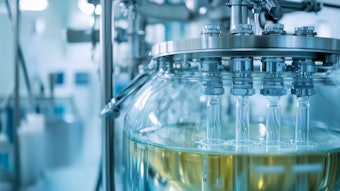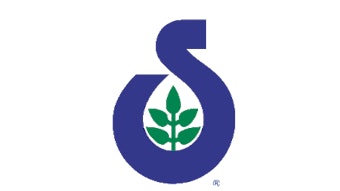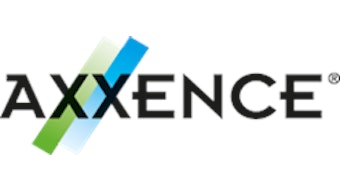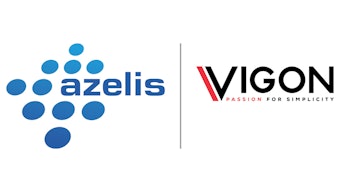Givaudan has released its 2013 Sustainability Report which revealed that it made significant progress across all five pillars of its sustainability strategy in 2013, notably in relation to 2020 eco-efficiency targets, which cover CO2 emission, energy consumption, waste and water reduction.
Against a 2009 baseline, it reduced CO2 emissions by 19.9%, improved energy efficiency by 13.4%, reduced waste by 14.4% and improved water efficiency by 6.4%. It had a Global Reporting Initiative (GRI) level of B+. Givaudan said it has been recognized as a top, A-band performer in the Carbon Disclosure Project’s (CDP) 350 Climate Change Report 2013 for Germany, Austria and Switzerland, which ranks companies on how they measure, disclose and manage climate-related risks and opportunities.
The Sustainability Report also emphasizes the importance Givaudan places on partnerships. Featured collaborations in the document include working with cross-industry bodies, such as AIM-Progress and Sedex, as well as a variety of commercial partners. The 2020 targets, against a 2009 baseline, are: 25% reduction in CO2 emissions per tonne of production 20% reduction in energy consumption per tonne of production 15% reduction in incinerated and landfilled waste per tonne of production 15% reduction of municipal and ground water usage per tonne of production Lost Time Injury Rate below 0.1.
A technical GRI Report, which details progress against KPIs is independently assured by Ernst & Young.









